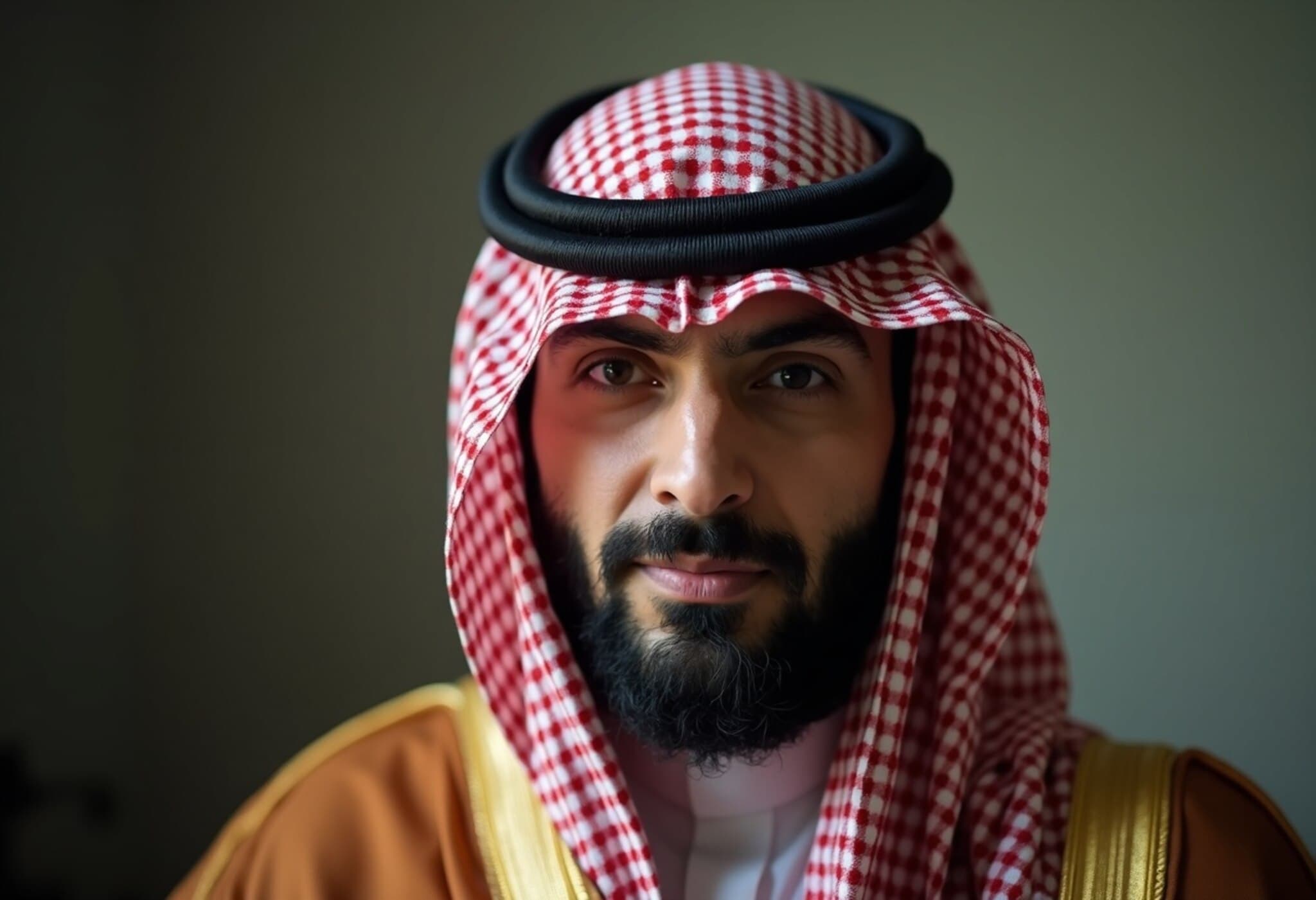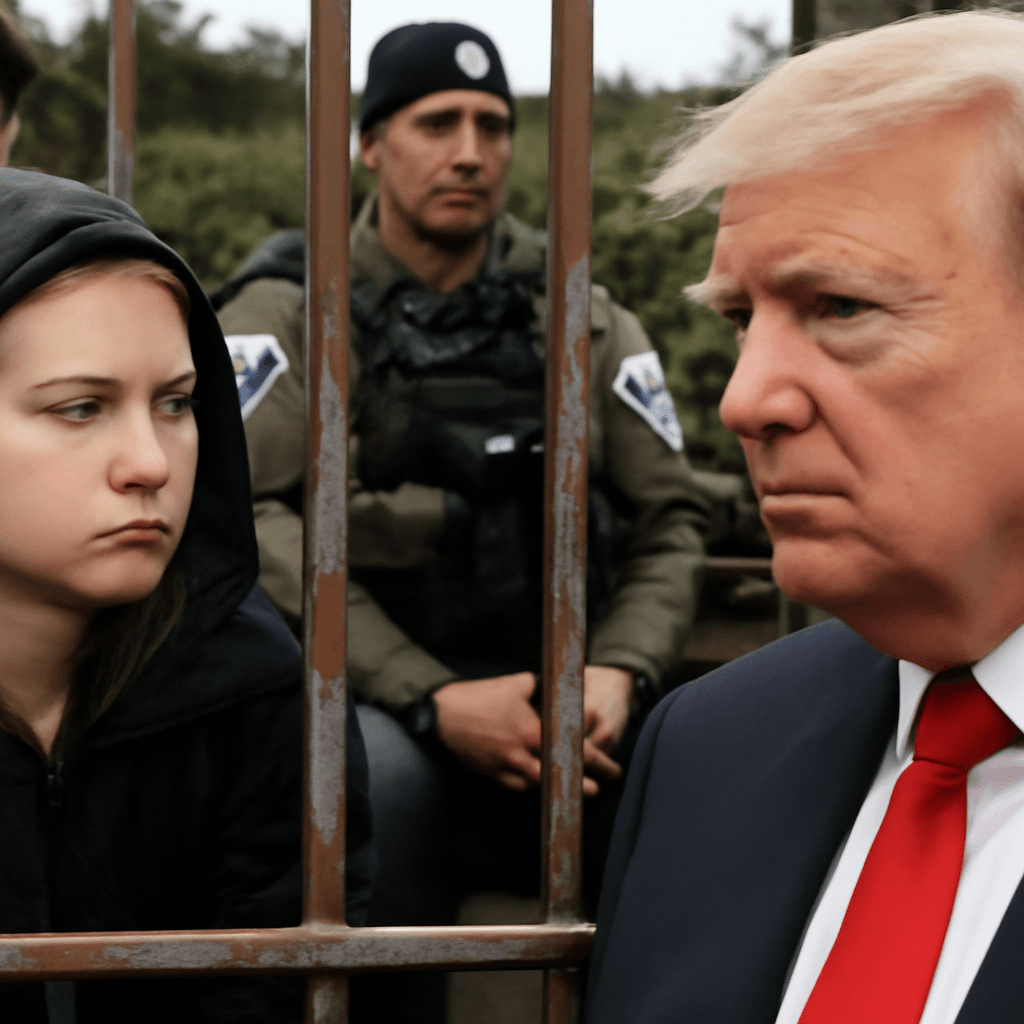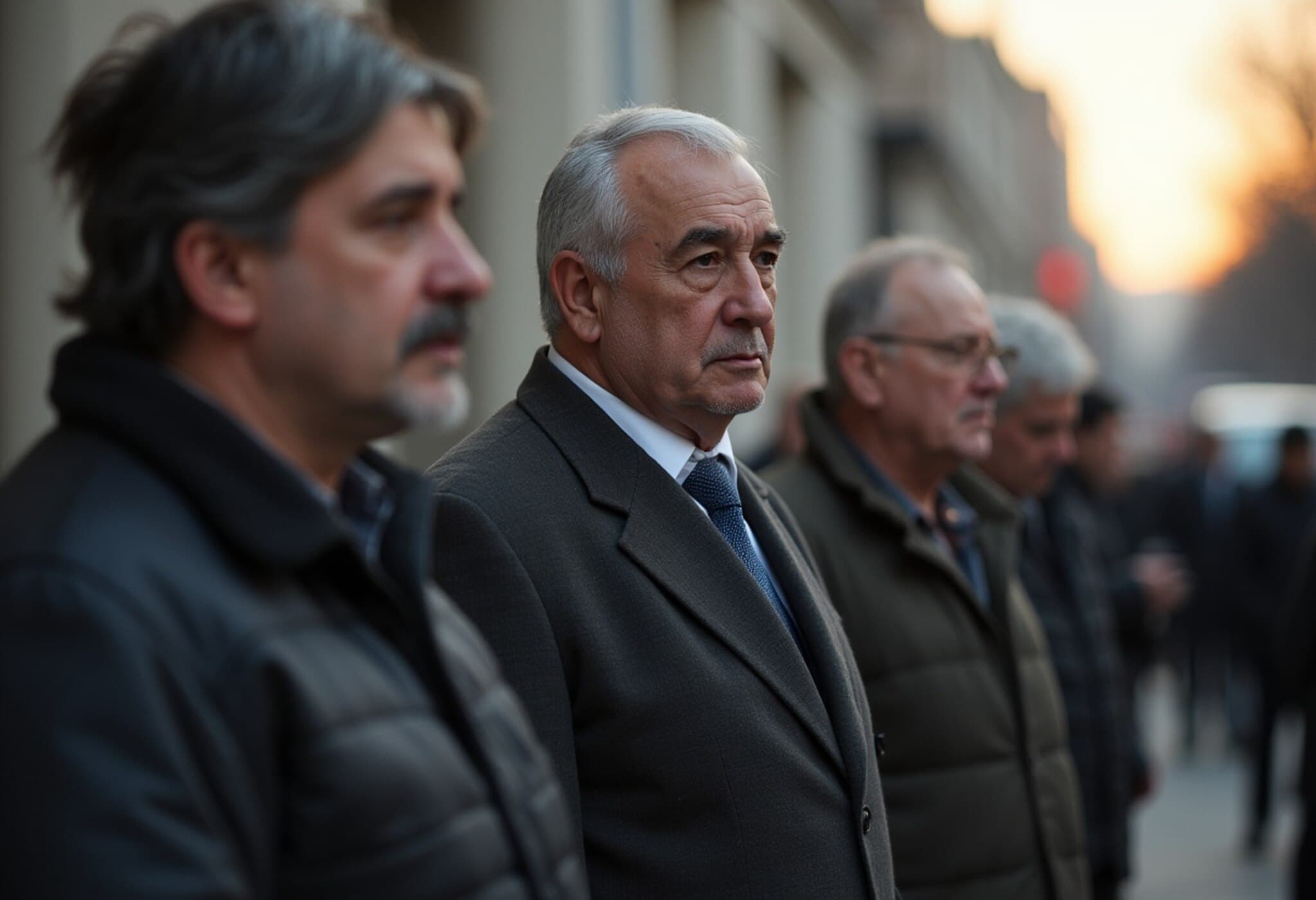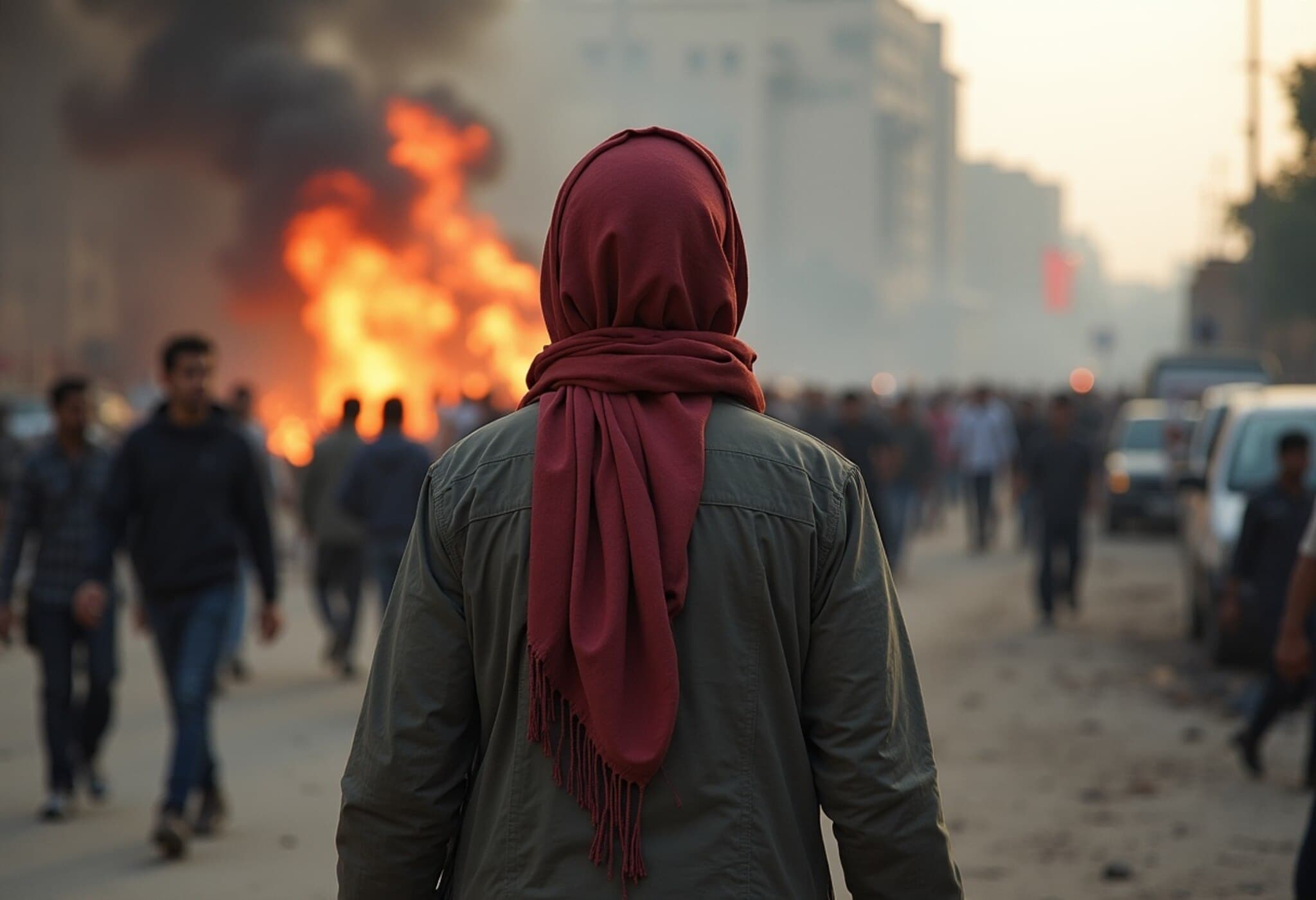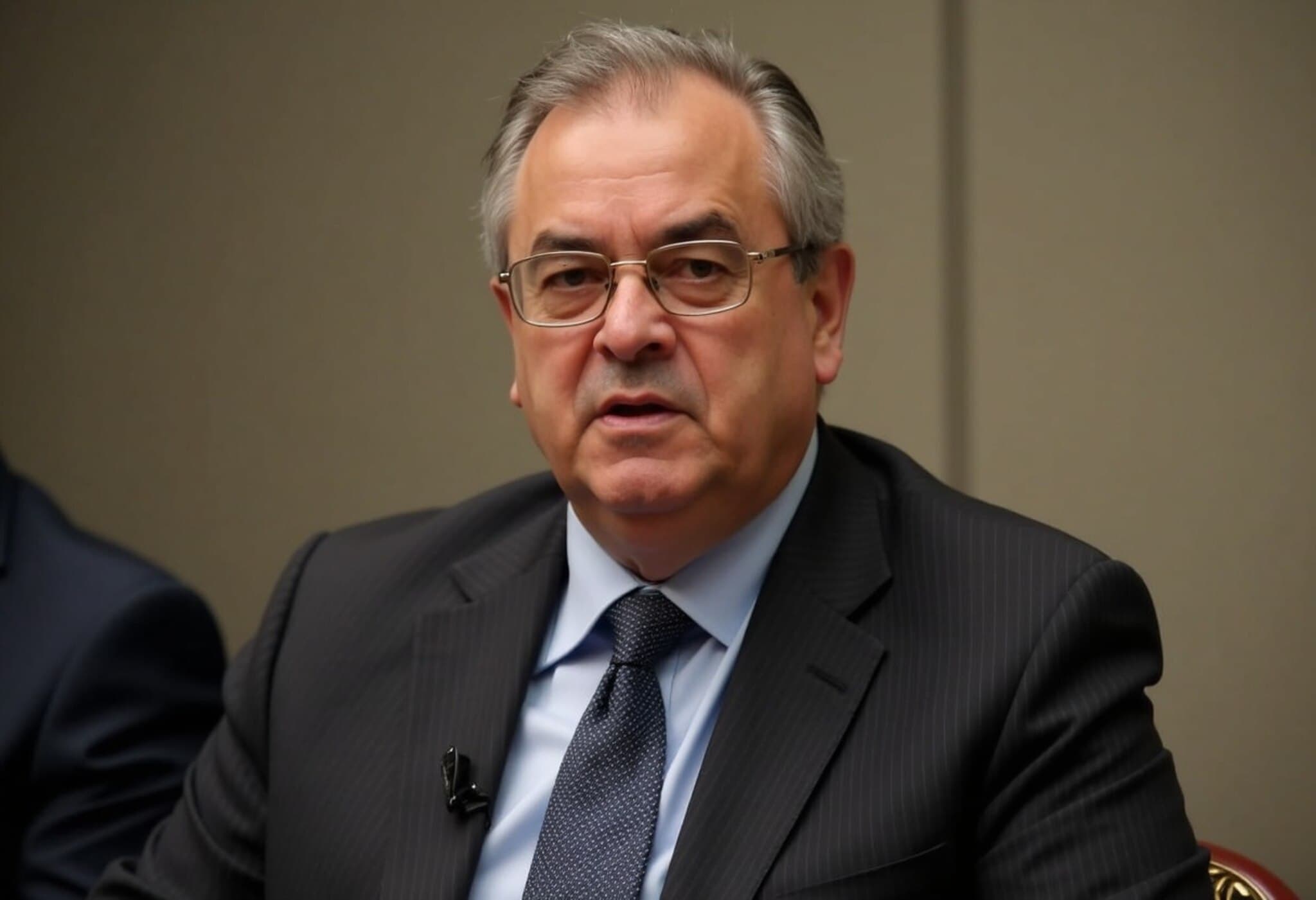Saudi Arabia Executes Journalist Turki Al-Jasser on Terrorism and Treason Charges
Saudi Arabia has carried out the execution of renowned journalist Turki Al-Jasser, who had been arrested in 2018 and later convicted on charges of terrorism and treason. The execution was confirmed by the Saudi Press Agency after the nation’s highest court upheld the death sentence.
Background and Arrest Details
Al-Jasser was taken into custody following a raid on his home in 2018, during which authorities confiscated his electronic devices. However, many details about his trial, including its duration and venue, remain undisclosed, raising concerns over the transparency of the judicial process.
Controversy Surrounding the Charges
Human rights organizations and activist groups have strongly disputed the legitimacy of the allegations against Al-Jasser, describing them as fabricated to suppress dissent. Investigations revealed that Saudi officials accused him of managing a social media account on X (formerly Twitter) that exposed corruption within the royal family and shared content considered sensitive related to militant groups.
Carlos Martínez de la Serna, a prominent advocate for press freedom, criticized the execution, pointing to the broader trend of repression against journalists in Saudi Arabia. He highlighted how the lack of justice following the 2018 killing of Washington Post columnist Jamal Khashoggi has emboldened the kingdom’s leadership to intensify crackdowns against the media.
Legacy and Advocacy
Turki Al-Jasser was widely known for his personal blog from 2013 to 2015, during which he covered critical topics such as the Arab Spring uprisings, women's rights, and governmental corruption. His vocal stance made him a notable figure who challenged prevailing norms.
International and Human Rights Concerns
- Saudi Arabia’s capital punishment practices, including beheadings and mass executions, have drawn persistent international condemnation.
- In 2024 alone, reported executions have surged to 330, reflecting the kingdom’s strict measures to quell opposition.
- Recent cases include the sentencing of a British Bank of America analyst to ten years in prison over a deleted social media post and the imprisonment of Saad Almadi, a dual Saudi-American national sentenced to nearly two decades related to his online activity. Despite his 2023 release, Almadi remains barred from leaving Saudi Arabia.
The execution of Turki Al-Jasser underscores ongoing concerns about press freedom and human rights in Saudi Arabia, highlighting a persistent environment of censorship and punitive action against critics.

